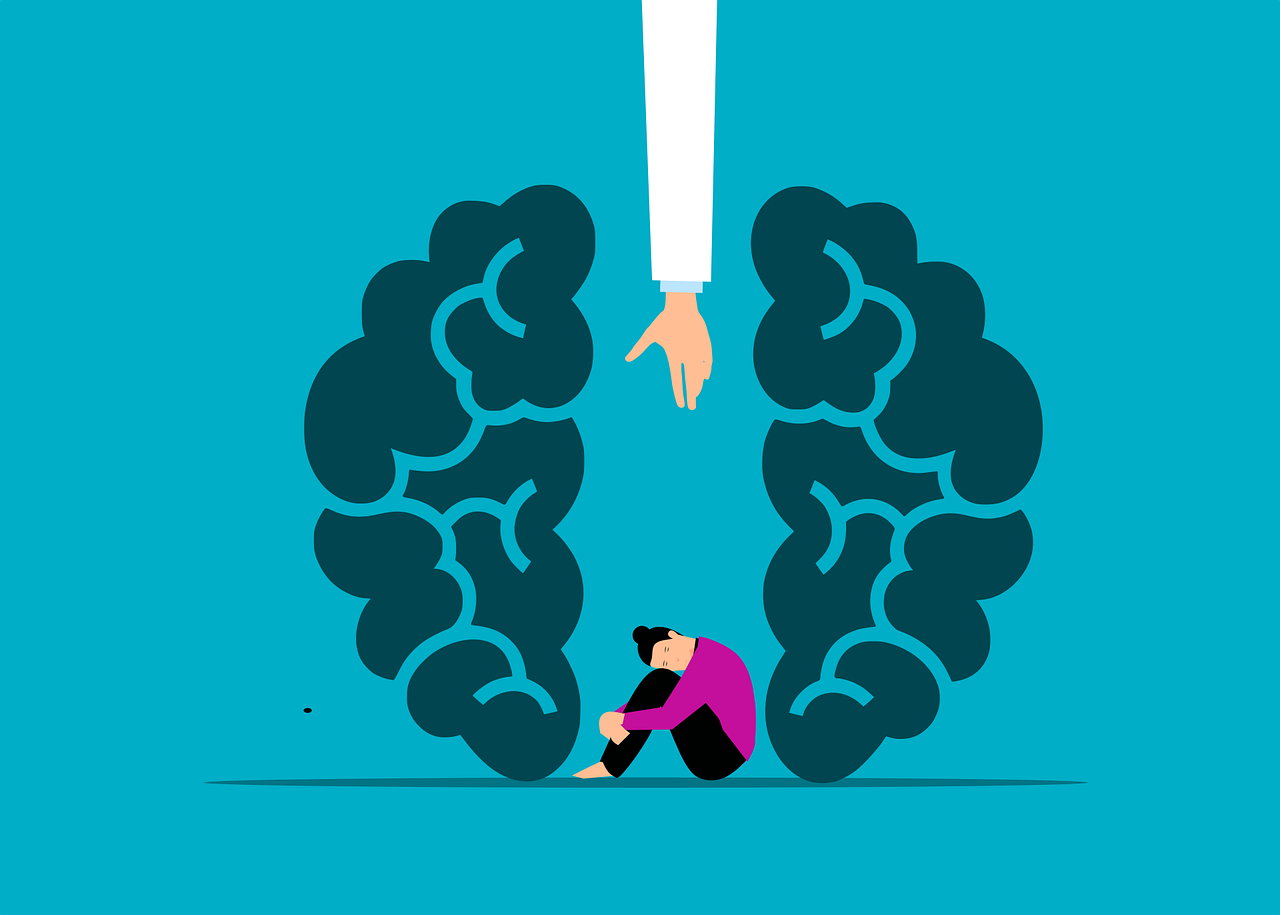The number of children and young people under 18 needing emergency care from mental health services (CAMHS) has risen significantly in recent years, according to analysis from the Royal College of Psychiatrists (RCPsych).
RCPsych called on the government and integrated care boards to invest in targeted support for children and young people between 0 and 25 years to turn the tide on the mental health crisis.
In just four years, psychiatrists and their teams have seen a 53% increase in the number of children in mental health crises who need emergency support. This includes young people who are suicidal, severely depressed and who have an eating disorder.
There were 32,521 referrals to CAMHS crisis teams in 2022/23, compared to around 21,242 in 2019/20.
Many of these children have experienced a deterioration in their mental health while on waiting lists, as overstretched CAMHS teams struggle to meet record demand. According to recently reported NHS England data, under-18s who are waiting for follow-up after a GP’s referral have already waited on average five months, and in the worst case, almost two years.
Around half of mental health conditions arise before the age of 14 and three quarters before the age of 24. If they’re caught earlier they can be treated quicker.
RCPsych welcomed the Chancellor’s announcement of an extra £5m to improve access to existing Early Support Hubs (for ages 11-25), but warned that an additional £125m to £205m is required to establish these hubs in every local authority, with running costs of £114-134.5m per annum.
Dr Elaine Lockhart, chair of RCPsych’s child and adolescent faculty, said: ‘It’s unacceptable that so many children and young people are reaching crisis point before they are able to access care. We cannot allow this to become the new norm.
‘Severe mental illness is not just an adult problem, the need for specialist mental health services for children and young people is growing all the time. The evidence shows us that children who receive support quickly are less likely to develop long-term conditions, that negatively affect their education, social development and health in later life.
‘Government and integrated care boards must commit to reducing the rate of mental illness among children by setting an achievable target. This needs to be backed by an expansion of the mental health workforce and additional funding for services.
‘Investing in children’s mental health will ultimately free up NHS time and resources, while ensuring the country has a healthy and productive population in the years to come.’
Images: Mohamed_hassan
Terms of reference published for mental health settings investigation
Better mental health can be achieved through cycling to work













